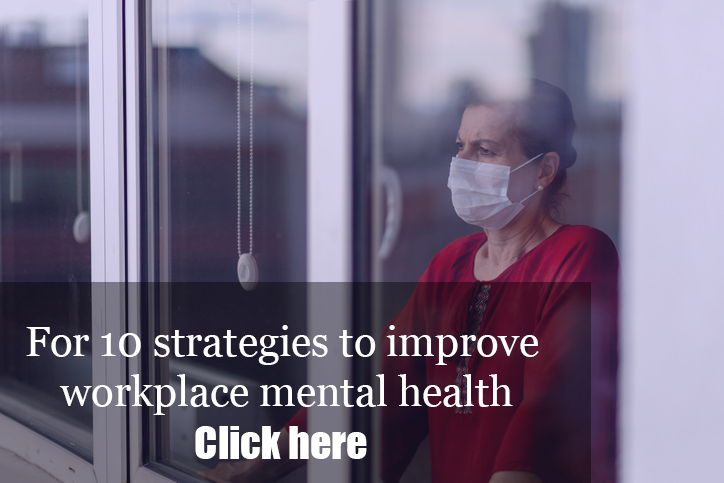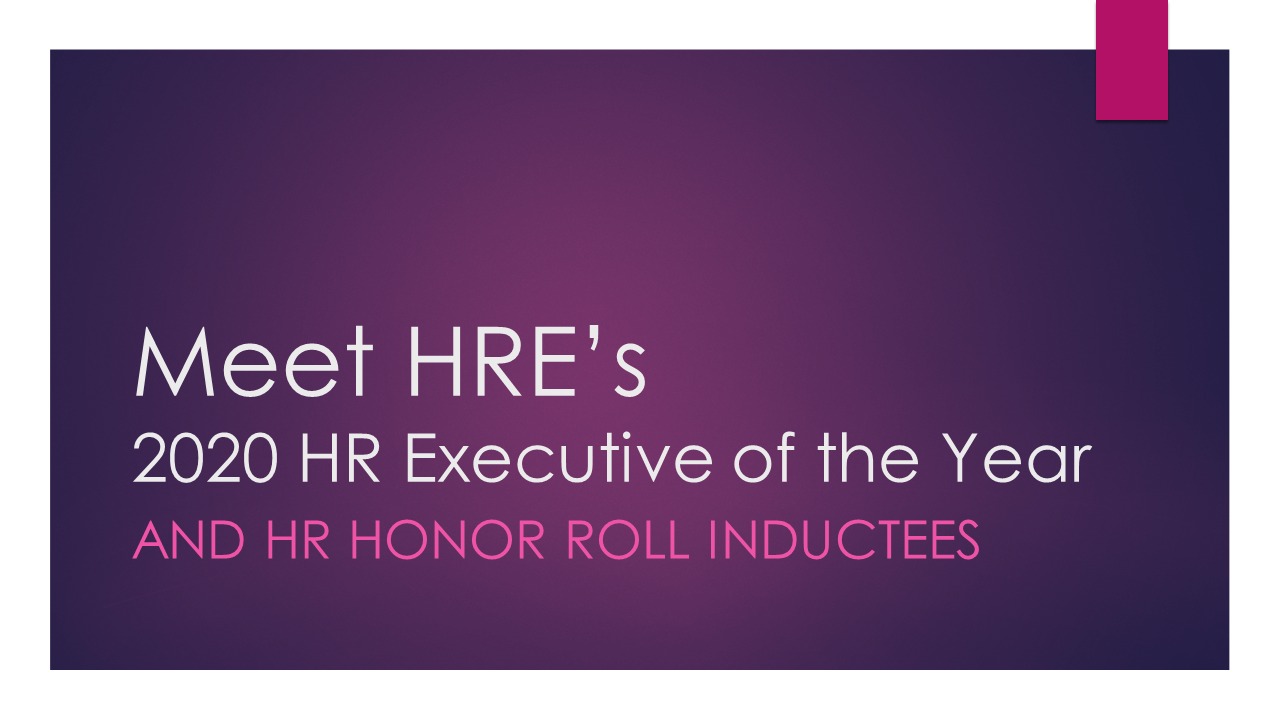TIAA is the latest employer to revamp its benefits as it witnesses employees struggle with caregiving challenges exacerbated by the pandemic.
The financial services firm is significantly expanding backup child- and eldercare support for all of its 16,500 associates and adding an employer contribution to its dependent-care flexible spending account next year.
This expansion will provide associates with new programs including access to different tutoring and test prep organizations for students; an expanded list of in-network childcare centers; and access to discounted full-time childcare and nanny placement services. The $100 per day reimbursement also allows employees to bring their children for care where they feel comfortable during the pandemic, whether it’s at a friend or family member’s house.
And to help reduce the financial burden of paying for childcare in 2021, TIAA is adding an employer contribution to its dependent care FSA. TIAA associates can receive up to $1,000 in employer contributions to help pay for eligible child- or eldercare expenses.
“We believe [enhancing benefits] is the right thing to do, and it has a direct correlation to enhanced engagement of our associates,” says Sean Woodroffe, TIAA’s senior executive vice president and chief human resources officer.
Caregiving help isn’t the only resource TIAA has turned to since the onset of the pandemic. TIAA this year also gave all of its associates a $500 reimbursement for any home-office expenses as the company moved the majority of its employees remote due to COVID-19. It has also placed a big focus on mental health, consistently telling employees to utilize available resources and benefits to help reduce stress, as well as reminding them to take breaks and practice self-compassion.
Related: Why employers should act now on mental health
“We don’t want them to find [themselves] caught up in what I would describe as this incessant ongoing Zoom, where you wake up in the morning, log in and at the end of the day, before you know it, you’ve spent 10 hours just going from meeting to meeting and Zoom to Zoom,” Woodroffe says. “We know it’s not all about physical health, particularly given the nature of this virus and the absence of being in close proximity of friends and colleagues, but how we think about mental health is important.”
 That focus has been paying off. The company’s last internal worker survey, conducted in November, found that employee engagement is about 81%, which Woodroffe says, “is an unprecedented high level and a high benchmark against any company of our size and scale.” Approval marks from employees for how the company is handling the pandemic are also in the 90th percentile, he adds.
That focus has been paying off. The company’s last internal worker survey, conducted in November, found that employee engagement is about 81%, which Woodroffe says, “is an unprecedented high level and a high benchmark against any company of our size and scale.” Approval marks from employees for how the company is handling the pandemic are also in the 90th percentile, he adds.
Helping employees through the difficulties of COVID-19 should be the priority of HR professionals, Woodroffe says.
“We have to be nimble, we have to be responsive, we have to be proactive and we have to embrace this notion of radical flexibility in terms of how associates are working in this environment.”



